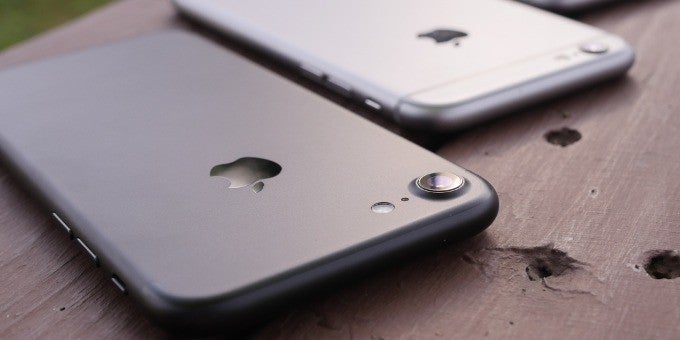Apple sued for slowing down iPhones with older batteries

The plaintiffs claim that Cupertino's decision to implement power management features that can affect the performance of an iPhone presents a breach of contract, as Apple has failed to properly inform the user or obtain consent prior to making these changes. Here's what the filing reads:
Defendant breached the implied contracts it made with Plaintiffs and Class Members by purposefully slowing down older iPhone models when new models come out and by failing to properly disclose that at the time of that the parties entered into an agreement.
The claim that the slowdown happens a result of "new models coming out" is rather speculative, as it became clear that the measures were taken to prevent shutdowns which could occur when a deteriorated battery cannot supply enough power to the processor.
The two plaintiffs (and the law firm that represents them) are also seeking California and nationwide class action certification, which would include all persons residing in the US who have owned any iPhone models older than the iPhone 8, 8 Plus, and iPhone X. That's a lot of people.
As you've probably heard, these developments are a direct result of Apple's admission of slowing down iPhones with older batteries in certain situations in order to prevent more serious issues like unexpected shutdowns. These measures were taken in January 2017, when Apple released an iOS update which addressed an issue with unexpected iPhone shut-downs after many user reports and complaints.
At the time, no one asked about Apple's approach to fixing the issue and the company hushed it up until a recent user investigation on Reddit and a subsequent confirmation from benchmarks provoked an official response.
While deteriorating batteries is an issue akin to any phone of the past and present, Apple's failure to properly inform the user about the measures it took is what leaves so many disappointed. If it was common knowledge that a battery replacement was all that's needed to get your iPhone running faster, a lot of people would have probably stuck with their older model instead of replacing it with a new one. Hopefully, we'll see more transparency from Apple after the dust from "Throttlinggate" settles.












Things that are NOT allowed: